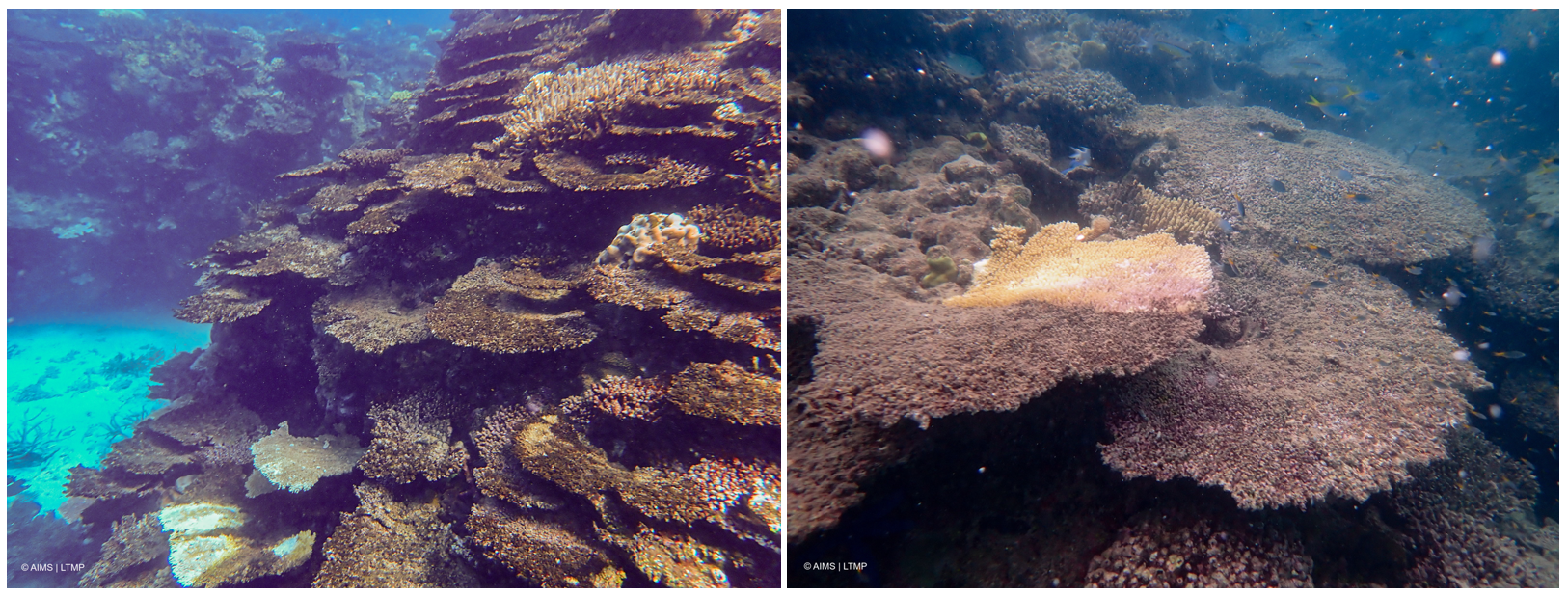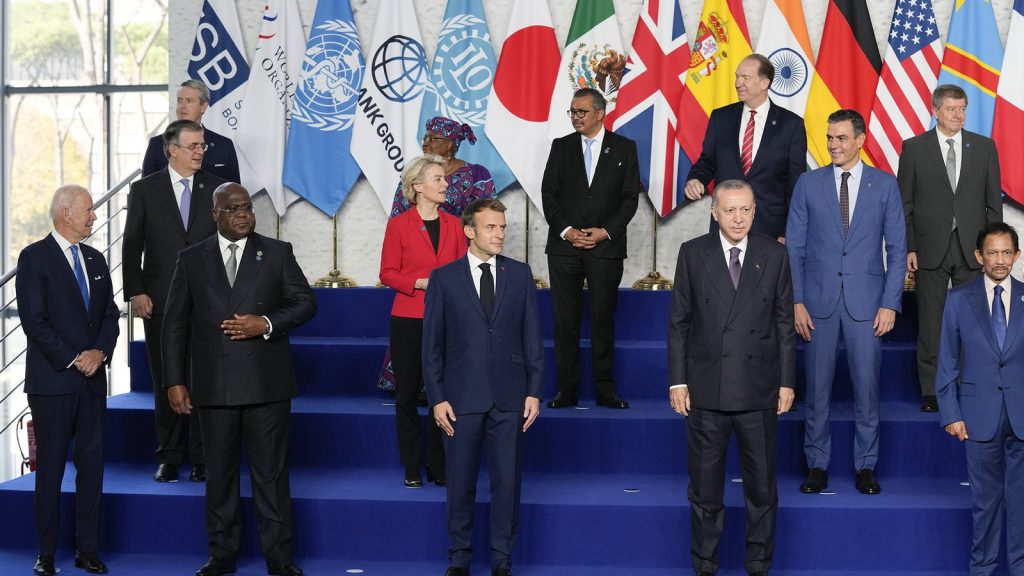Conservation groups are firing up over the Queensland government’s mixed messages on the Great Barrier Reef and coal mining in the wake of the AIMS report.
And they now want a stop to new coal mines in the Mackay-Isaac-Whitsunday region.
Emma Barrett, Co-ordinator of the Mackay Conservation Group, says the report is a reminder that decisions made in Queensland can have global consequences.
“The science is clear – continued fossil fuel expansion is incompatible with the survival of the Reef. We cannot afford to approve new coal mines while the Reef suffers its worst coral loss on record,” Barrett says.
“The Mackay-Isaac-Whitsunday region is being pitched as a hub for coal expansion yet it’s also the gateway to the Great Barrier Reef. Our region must lead the shift away from fossil fuels, not double down on them.”
“You can’t claim to champion Reef tourism while green-lighting
the very coal projects that are driving its destruction.” Emma Barrett
Tony Fontes, President of the Whitsunday Conservation Council and dive operator, says the loss of coral poses an existential threat to the Whitsundays.
“This is ecological devastation. The loss of coral means the collapse of reef biodiversity − countless species rely on this fragile ecosystem,” Fontes says.
“For the Whitsundays, this is also an economic disaster. Our communities depend on a healthy Reef to support tourism, jobs, and our identity. Without urgent action, we risk losing all of it.”
Conservationists also criticised the state government’s new Destination 2045 plan, which promotes the Reef and the state as a world-class tourism destination.
“It’s deeply contradictory,” says Barrett.
“You can’t claim to champion Reef tourism while green-lighting the very coal projects that are driving its destruction.
“Protecting the Reef must be more than a marketing slogan; it has to be a policy priority.”
WWF REACTION
Richard Leck, Head of Oceans for the World Wide Fund for Nature Australia, says the coral deaths is intensifying the focus on Australia’s 2035 emissions reduction target, due to be announced soon.
“The evidence from AIMS’ report shouts from the rooftops ‘we need a strong 2035 target’ In one fell swoop, climate change wiped out the encouraging coral recovery of recent years,” he says.
“A strong 2035 climate target will fast track Australia’s transition to become a renewable energy superpower, supporting an abundance of new economic opportunities in the regions, including regional Queensland,” Leck says.
“Under the Paris Agreement, Australia has committed to pursue efforts to limit warming to 1.5 ° Celsius.
“To back up that promise with action and unlock fantastic economic benefits for future generations, Australia must commit to a 2035 emissions reduction target of at least 90% by 2035 and net zero before 2040,” Leck says.
PREVIOUSLY
> Coral bleaching worsens as reefs lose protective hard cover: AIMS
> Queensland steps on accelerator pedal for new mining projects






